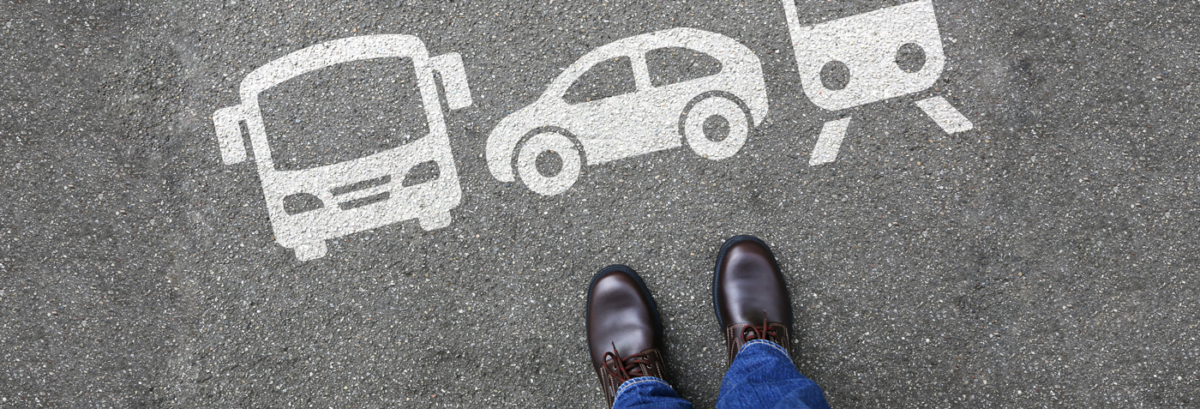At-a-Glance
Finding reliable transportation is a barrier to employment, health care, and community participation for people with disabilities in rural communities across the United States. A 2011 study by the University of Montana’s Rural Institute identified strategies for working with people to develop solutions to transportation barriers.
Key Findings
Barriers to reliable transportation include:
Study participants stated:
Put it into Practice

Tips and tools to help you apply best practices at work.
Strategies that support consumers to develop transportation solutions include:
- Provide self-advocacy training to help build self-reliance around transportation issues.
- Support consumers to develop a plan for securing rides, save money to cover transportation costs, and/or relocate for easier access to work.
- Teach networking skills to help consumers connect with family, friends, and community groups around carpooling and ridesharing.
- Seek opportunities for transportation reimbursement of employment-related travel until consumers receive their first paycheck.
- Advise consumers to ask about employer-sponsored transportation, especially when work hours fall outside the availability of public and private transportation options.
- Learn your agency’s policies on funding the purchase or repair of personal vehicles, including driver training and licensing.
More About the Research
Study recommendations also include the use of a voucher model for people in need of transportation. In this model, riders purchase vouchers for rides from a wide variety of volunteers and local organizations.
Learn More
Ipsen, C., Colling, K., and Goe, R. (2012). Transportation: A barrier to successful employment outcomes among rural VR clients. Missoula, MT: University of Montana RTC:Rural
Questions? Feedback?
Do you have questions or feedback about putting this research into practice? We’re waiting to hear from you!
Join Our Conversation
Have you tried any of these practices? Have you had success working with these populations in your area?

